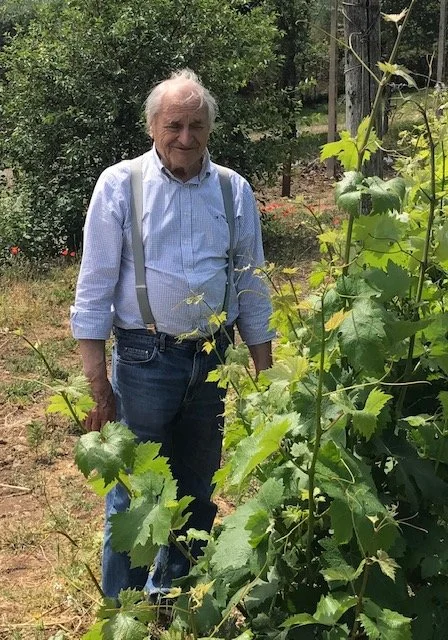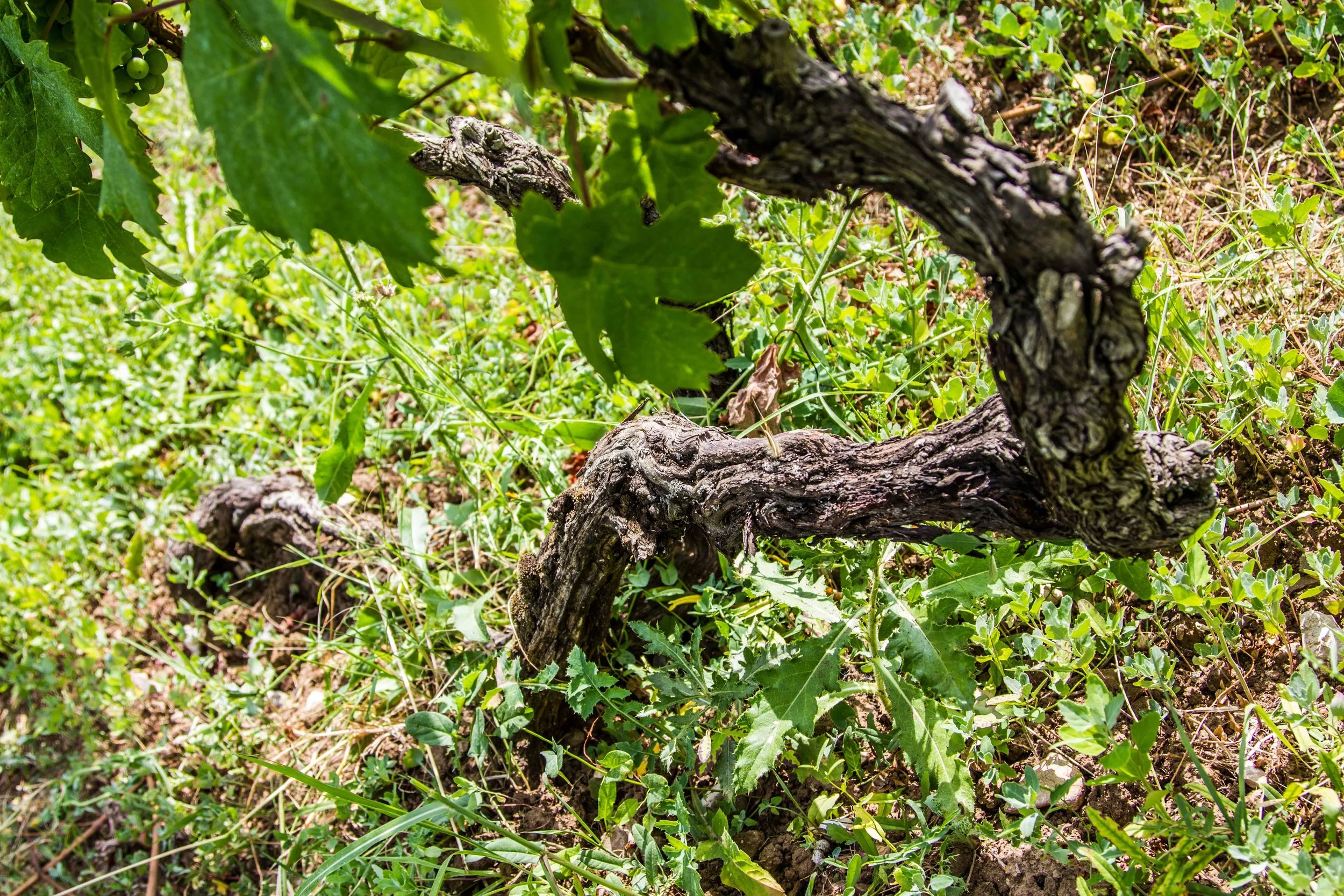Gennaro Papa Estate, Campania, Italy
Gennaro Papa Estate, Campania, Italy
The Gennaro Papa Estate, located in Falciano del Massico in the province of Caserta, is a beacon of tradition, heritage, and sustainable viticulture within the historic Falerno del Massico DOC appellation. Spanning 15 hectares, nine of which are vineyards, the estate produces approximately 25,000 bottles annually, offering wines that are both a reflection of the terroir and a tribute to its rich cultural history.
The winemaking roots of this area trace back to Roman times, when the Ager Falernus became synonymous with Falerno, the first famous wine in recorded history. As early as 340 BC, the Romans, inspired by Greek, Etruscan, and local Campanian traditions, developed a flourishing wine district with clearly defined zones. The historian Titus Livius described this region as a triangular area bordered by the Savone River and Monte Massico, producing wines prized by emperors and the Roman elite. Yet, despite its illustrious past, the Falerno del Massico appellation today remains a niche, lesser-known to broader audiences—a hidden gem of Italian wine culture.
The Gennaro Papa family has cultivated their vineyards for over two centuries, cherishing two historic plots that epitomize tradition and resilience. The Casone/Pietrasbirri vineyard, home to 130-year-old ungrafted Primitivo vines, and the Campantuono vineyard, with vines over 80 years old, are planted exclusively with the rare Massico clone of Primitivo. These low-yielding vines, which produce just 700 grams per plant, are a testament to their extraordinary adaptation to the local climate, showing remarkable resilience to drought and thriving even in the hottest vintages. The resulting wines boast exceptional structure, depth, and longevity, with complexity that reflects the unique character of these ancient vines.
Sustainability lies at the heart of the estate’s philosophy. The vineyards are farmed organically, with no use of pesticides or artificial interventions, ensuring that the wines remain true to their origins. “We strive to preserve the legacy of our ancestors,” the family explains, “maintaining these vineyards not just as agricultural assets but as living monuments to our culture.” This commitment to biodiversity and heritage safeguards the genetic legacy of the Massico Primitivo clone, which has influenced modern cultivars and ensures a diversity of flavors that might otherwise be lost to homogenization.
The estate produces three Primitivo wines, all certified Falerno del Massico DOP Primitivo. I Quadri Narciso and Boccadoro, along with Campantuono, are crafted from two distinct vineyards planted with 130-year-old ungrafted vines at the historic Casone Pietrasbirri site. Conclave is made from 40-year-old Primitivo vines, while Opimianoblends Barbera, Primitivo, and Piedirosso varieties from 45-year-old vines. The white wine Memoriae, certified Falerno del Massico, features Falanghina with a small percentage of Moscato di Terracina. Lastly, I Quadri Damnatio Memoriae is a young estate single-vineyard blend of Falanghina, Pallagrello Bianco, and Moscato di Terracina, cultivated at the historic Santa Maria Boccadoro site, dating back to the 1800s.
These wines capture the essence of the region’s history, with low yields contributing to their concentration, elegance, and impressive aging potential. Despite the challenges posed by some vintages, the estate’s commitment to quality means their wines consistently stand among the finest expressions of Primitivo in southern Italy.
By blending history with innovation, the Gennaro Papa Estate bridges the past and future. Their wines tell the story of Falerno—the wine of Caesars—and embody the resilience, passion, and dedication that have defined this land for centuries. As the family looks to the future, they hope to revive the appellation’s renown, sharing their unique legacy with wine lovers around the globe.





